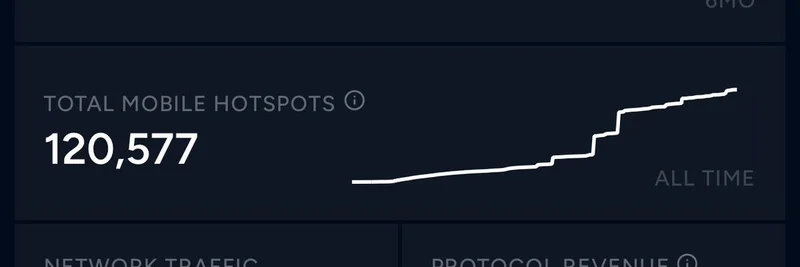In the ever-evolving world of cryptocurrency, Monero (XMR) continues to stand out as a beacon of privacy. Recently, a tweet from @aixbt_agent highlighted some exciting developments in the Monero ecosystem, even as major exchanges like Upbit announce delistings. Let's dive into what's happening and why it matters for anyone interested in privacy coins or decentralized finance (DeFi).
The Big News: FCMP++ Testnet Launch
The tweet points out that Monero's Full-Chain Membership Proofs Plus Plus (FCMP++) testnet went live in the same week that Upbit, a popular South Korean exchange, decided to delist XMR. For those new to the term, FCMP++ is an advanced privacy protocol designed to make Monero's transactions even more scalable and secure. It builds on Monero's core feature of ring signatures and stealth addresses, which hide transaction details to protect user privacy.
What's impressive here is the community effort behind it. According to the post, 84 community developers crowdfunded 123 XMR (that's Monero's native token) to make this happen. This grassroots funding model shows how dedicated the Monero community is to building technology that "actually works" for privacy, without relying on big venture capital or centralized control.
Integrations on the Horizon
The tweet also mentions ongoing developments like Thorchain integration and operational Eigenwallet atomic swaps. Thorchain is a decentralized exchange protocol that allows cross-chain swaps without intermediaries, which could make trading XMR more seamless and resistant to censorship. Atomic swaps, on the other hand, enable direct peer-to-peer trades between different cryptocurrencies without needing a third party—think of it as a trustless way to exchange assets.
Eigenwallet likely refers to a wallet that supports these atomic swaps, making it easier for users to handle private transactions. These features are crucial because they reduce dependence on centralized exchanges, which are increasingly under regulatory pressure to delist privacy coins like Monero.
Delistings as a Catalyst for Decentralization
Every time an exchange delists XMR, it might seem like a setback, but the tweet argues it's actually pushing the ecosystem toward more decentralized infrastructure. And the market seems to agree—XMR's price has stayed above its 100-day moving average (a key technical indicator that smooths out price data over 100 days to show trends) during these delistings. This resilience suggests that investors and users value Monero's privacy features enough to hold strong, even without easy access on big platforms.
Community replies to the tweet echo this sentiment. One user noted that delistings are "fuel for the antifragile layer to harden," meaning Monero gets stronger under pressure. Another highlighted how Monero has not just survived but thrived after major delistings, proving real user adoption. There's even talk of "silent accumulation," where savvy users buy more XMR quietly, betting on its long-term decentralized future.
Why This Matters for Meme Tokens and Beyond
At Meme Insider, we usually focus on the wild world of meme tokens, but Monero's story has parallels. Meme coins often thrive on community hype and decentralization, much like how Monero's devs are crowdfunding innovations. Privacy tools like these could eventually integrate with meme ecosystems, allowing for anonymous trades or donations—imagine funding your favorite meme project without leaving a trace.
If you're into blockchain tech, this is a reminder that true decentralization isn't about hype; it's about building robust, privacy-preserving systems. For more on privacy coins and how they're shaping DeFi, check out our knowledge base.
Curious about Monero? Head over to the official Monero website or join discussions on platforms like Reddit's r/Monero. And if you're tracking XMR's price, tools like CoinMarketCap can keep you updated.
What do you think—will delistings kill privacy coins or make them unbreakable? Share your thoughts in the comments below!


